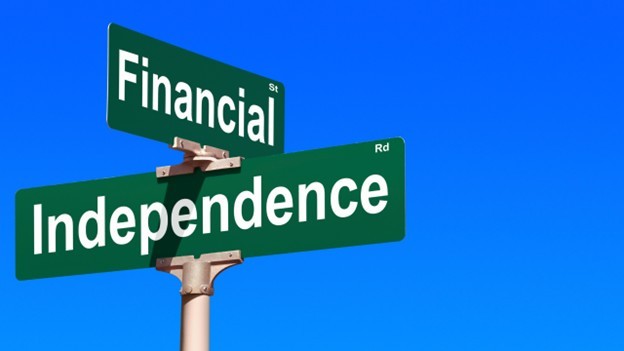views

Financial independence is a goal many aspire to achieve. It means having enough wealth to cover your living expenses without relying on a traditional job. This freedom allows you to pursue your passions, travel, or simply enjoy life without financial stress. Here’s a step-by-step guide to help you on your journey to financial independence.
1. Define What Financial Independence Means to You
Financial independence can look different for everyone. For some, it means retiring early, while for others, it might mean having the flexibility to work part-time or pursue a passion project. Start by defining what financial independence means to you and set clear, achievable goals.
2. Assess Your Current Financial Situation
Take a comprehensive look at your current financial status. Calculate your net worth by listing all your assets (savings, investments, property) and liabilities (debts, loans). Understanding where you stand financially is crucial for planning your path forward.
3. Create a Budget and Stick to It
A budget is a powerful tool for managing your finances. Track your income and expenses to identify areas where you can cut back. Allocate funds for savings and investments, and ensure you’re living within your means. Sticking to a budget helps you control your spending and increase your savings rate.
4. Build an Emergency Fund
An emergency fund is essential for financial security. Aim to save three to six months’ worth of living expenses in a separate, easily accessible account. This fund will protect you from unexpected expenses and prevent you from dipping into your investments.
5. Pay Off High-Interest Debt
High-interest debt, such as credit card debt, can be a significant barrier to financial independence. Focus on paying off these debts as quickly as possible. Consider using the debt snowball or avalanche method to systematically eliminate your debt.
6. Increase Your Income
Look for opportunities to boost your income. This could be through negotiating a raise, taking on a side hustle, or investing in further education to advance your career. Increasing your income accelerates your journey to financial independence by allowing you to save and invest more.
7. Invest Wisely
Investing is a key component of building wealth. Educate yourself about different investment options, such as stocks, bonds, real estate, and mutual funds. Diversify your portfolio to spread risk and aim for a mix of growth and income-generating assets. Consider consulting a financial advisor to help you develop a strategy that aligns with your goals.
8. Live Below Your Means
Adopting a frugal lifestyle can significantly impact your ability to save and invest. Focus on spending money on things that truly matter to you and find ways to reduce unnecessary expenses. Living below your means doesn’t mean depriving yourself; it’s about making conscious spending choices.
9. Continuously Educate Yourself
Financial literacy is crucial for making informed decisions. Continuously educate yourself about personal finance, investing, and money management. Read books, attend workshops, and follow financial news to stay informed and adapt to changing economic conditions.
10. Monitor Your Progress and Adjust
Regularly review your financial goals and progress. Life circumstances and financial markets change, so be prepared to adjust your plans as needed. Celebrate your milestones and stay motivated by keeping your end goal in sight.
Conclusion
Achieving financial independence is a journey that requires discipline, planning, and perseverance. By setting clear goals, managing your finances wisely, and making informed investment decisions, you can build a secure financial future. Remember, the path to financial independence is personal and unique to each individual. Stay committed to your goals, and enjoy the freedom and opportunities that financial independence brings.






















Comments
0 comment